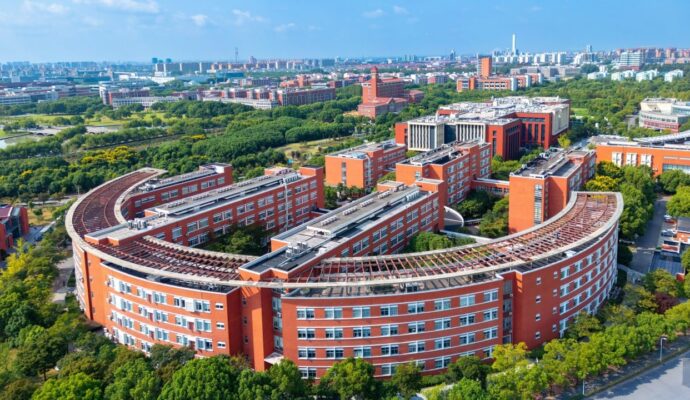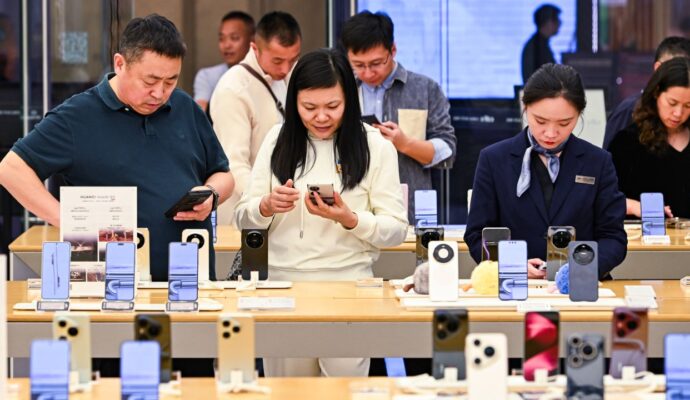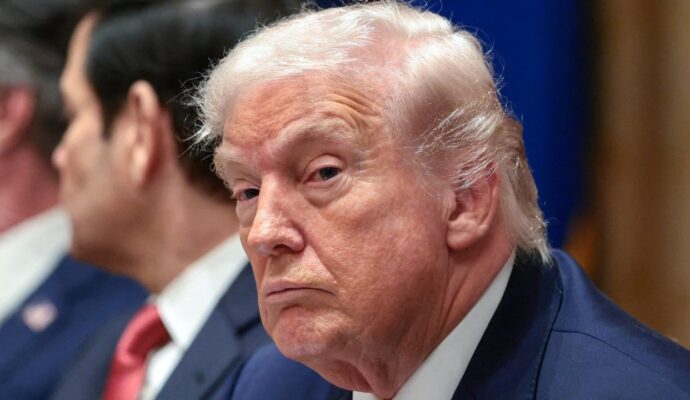
Qin backed his remarks with a report released earlier this month by the Austrian Institute of Economic Research and the Foundation for Family Businesses, estimating a 2 per cent drop in Germany’s GDP if it decoupled from China.
The de-risking strategy was introduced in March by EU Commission President Ursula von der Leyen, who stressed that it was “neither viable – nor in Europe’s interest – to decouple from China”. German Chancellor Olaf Scholz has also repeatedly rejected decoupling.
Qin said he appreciated the stance of Berlin and Brussels, but raised Beijing’s concerns that the strategy could become a “de-sinicisation” of the continent that would cut opportunities, cooperation, stability and development.
Qin was in the German capital at the start of a three-nation trip that ends on Friday and includes visits to Paris and Oslo. He arrived just as China postponed at short notice a meeting between the Chinese and German finance ministers.
It was widely speculated that the cancellation could be related to a landmark visit to Taipei in March by German Education Minister Bettina Stark-Watzinger. Beijing protested against the trip, describing it as “vile”.
Qin referred to Taiwan in his address to the media, but said the sudden postponement was due to “an urgent schedule change” by the Chinese finance minister and “should not be over-interpreted”.
“Whoever truly hopes for stability in the Taiwan Strait and is truly committed to upholding international order should abide by the one-China policy and insistently oppose any acts of independence in Taiwan,” Qin said.
With China preparing to send a special delegation to mediate peace in Ukraine, Qin and his German counterpart also discussed the war, with Beijing calling on Berlin to “take the lead to construct a balanced, effective, and sustainable European security framework”.
Qin also strongly opposed possible EU sanctions on eight Chinese companies over their dealings with Russia, stressing they are “normal exchanges and cooperation between Chinese and Russian companies”.
He said China would “take the necessary response to firmly protect the legitimate interests of Chinese companies” if punitive measures such as sanctions were imposed.
Qin also reasserted that Chinese law forbade the delivery of weapons to regions in conflict and that there were regulations governing the export of dual-use goods, or those that could be used for both civilian and military purposes.


